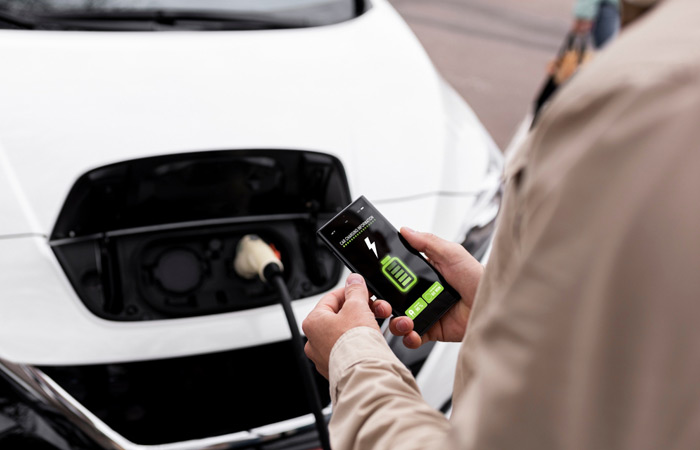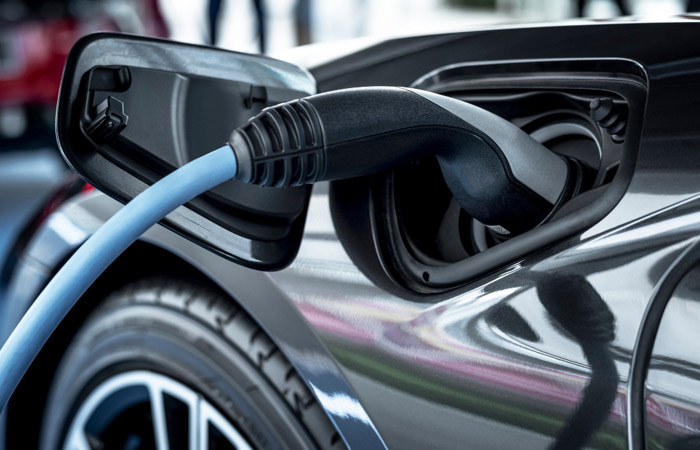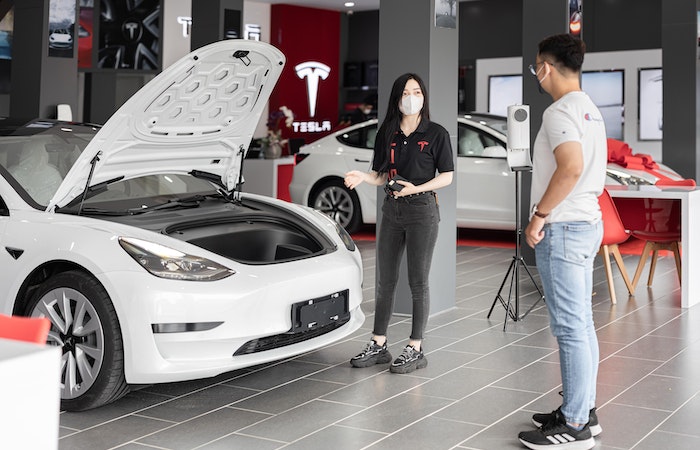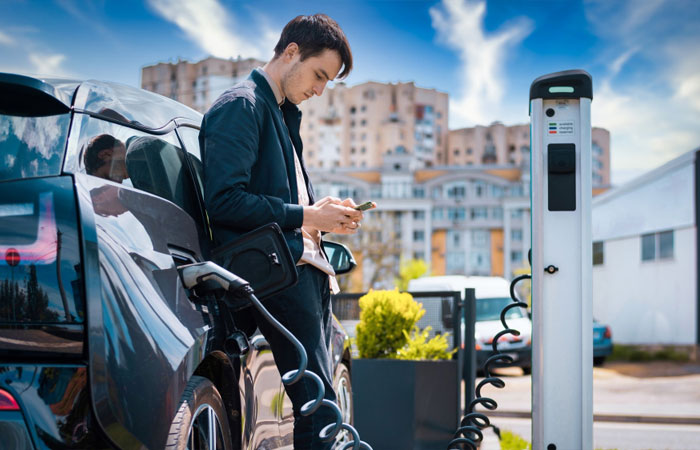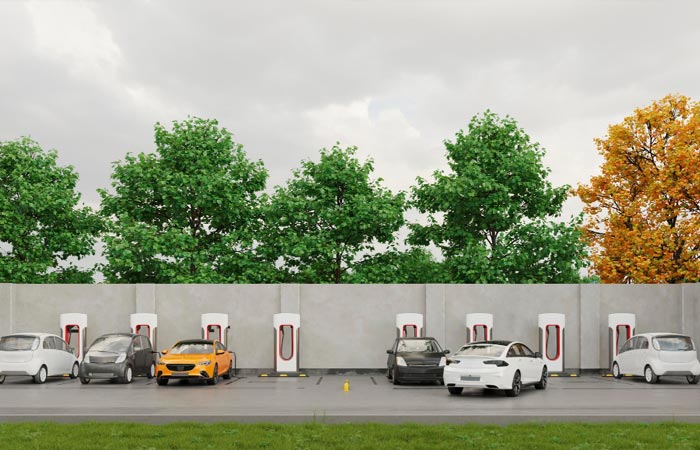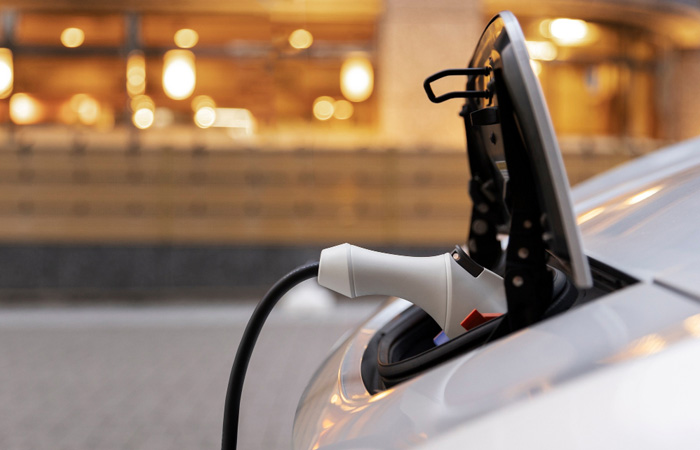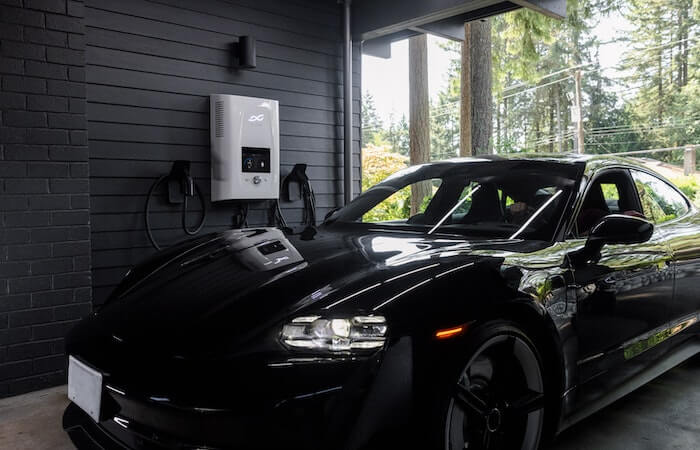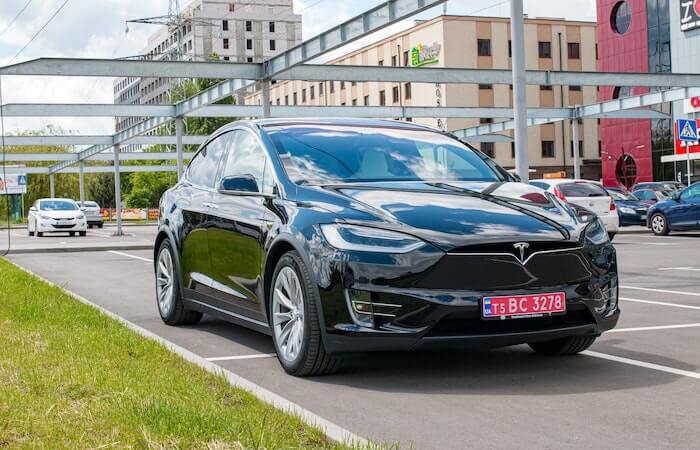Electric vehicles (EVs) vs. petrol/diesel vehicles (ICEVs) has been a major debate for many years. Each side of the argument touts its own purported benefits. But what if the answer isn’t so black and white? This cost-benefit analysis looks at electric vs. petrol/diesel vehicles from different standpoints.
It can be hard to decide which is the better option for you. However, let’s dive deeper into the benefits of owning and operating an electric vehicle compared to an ICEV.

Electric vs. Petrol/Diesel Vehicles: The Advantages and Disadvantages
Cheaper to operate
The cost of electric vehicles (EVs) is significantly lower than traditional internal combustion engine vehicles (ICEVs). These cost savings are largely because electric energy costs are generally much cheaper than gasoline or diesel fuel. This means electric vehicles require less money spent on fuel. Furthermore, electric cars contain fewer moving parts than ICEVs. They require less maintenance, resulting in an even lower cost of ownership and maintenance over the long term. Additionally, electric vehicles often qualify for various federal and state tax incentives and credits. This can further reduce their financial burden. Taken together, these facts make electric cars a highly attractive option for those looking for a reliable and cheaper mode of transportation.
Smaller environmental impact
The electric vehicle (EV) is becoming increasingly popular as a more sustainable form of transportation. This is primarily due to its smaller environmental impact compared to Internal Combustion Engine Vehicles (ICEVs). EVs produce no emissions, helping to reduce air pollution and slow the effects of climate change. Additionally, electric vehicles are much more energy-efficient than ICEVs. They use less energy to travel the same distance, making them an attractive option for those seeking to reduce their carbon footprint.
However, ICEVs have some advantages of their own. The primary advantage is that ICEVs can typically travel much further on a single gasoline or diesel tank than an electric vehicle can on a single charge. This means you won’t be limited in how far you can drive your vehicle before refueling. It also takes significantly less time to refuel than recharging an electric vehicle battery.
Wider availability of ICEVs
The availability of ICEVs (Internal Combustion Engine Vehicles) is a major advantage, with petrol and diesel stations easily accessible in most places. This gives drivers greater freedom regarding longer journeys, while electric vehicles (EVs) may not have the necessary charging infrastructure available in some more remote areas. This can be challenging for electric car owners who are planning long-distance trips, as they need to make sure that there will be adequate access to charging points along the route. In comparison, ICEVs are much easier to refuel on the go, giving drivers peace of mind even for longer journeys.
Electric vs. petrol/diesel vehicles: Cost
Regarding initial purchase cost, electric vehicles (EVs) are more expensive than internal combustion engine vehicles (ICEVs). This is because electric cars require a higher upfront investment in parts and batteries and the lack of incentives and tax credits for electric vehicles. However, prices for electric cars have dropped significantly in recent years and are becoming increasingly affordable due to technological improvements and government subsidies. Likewise, electric car performance has improved drastically with the advancement of battery technology and range efficiency.
In terms of maintenance costs, electric cars generally require less maintenance than ICEVs because electric cars have fewer moving parts that need replacing or fixing than ICEVs. Additionally, EV owners benefit from lower energy costs per mile compared to petrol and diesel-powered vehicles since electricity prices may vary depending on location, time of day, and provider, while petrol and diesel prices are more volatile due to global oil market trends and government taxes.
Electric vs. Petrol/Diesel Vehicles: In a Nutshell
The electric vehicle (EV) and internal combustion engine (ICEV) offer compelling advantages and disadvantages. When deciding which type of vehicle to purchase, it is important to consider your needs and preferences.
EVs are becoming increasingly popular due to their cost efficiency and environmental friendliness. They have a lower total cost of ownership due to the lack of expensive upkeep such as oil changes. EVs also produce fewer emissions, making them an eco-friendly choice. On the downside, electric vehicles tend to have shorter ranges than ICEVs, and charging infrastructure is not always available or convenient for electric car owners.
ICEVs, on the other hand, typically have longer ranges and more widely available refueling options. However, they are more expensive to purchase upfront and require ongoing maintenance costs such as oil changes or tune-ups. Additionally, ICEVs produce more pollution than electric vehicles do.
Choosing between electric vs. petrol/diesel vehicles will depend on your budget, lifestyle needs, access to charging infrastructure, and environmental considerations. It is important to weigh the pros and cons of each type of vehicle before deciding so that you can find the best option for you.
